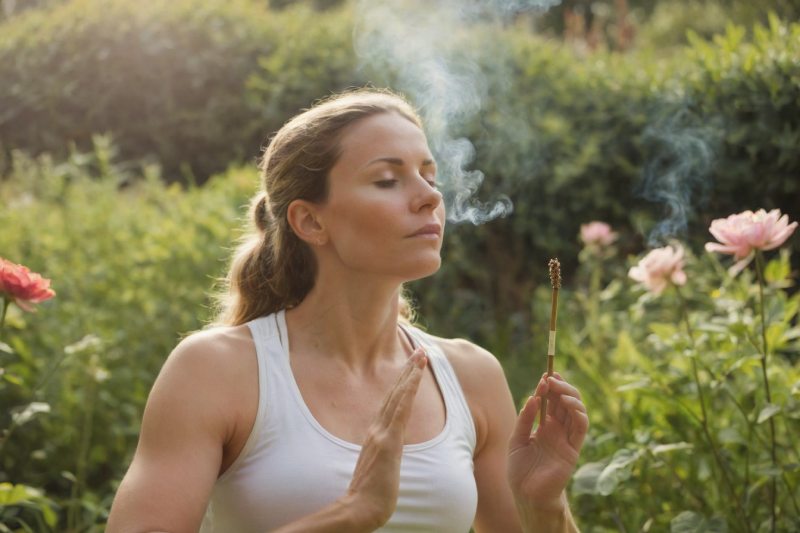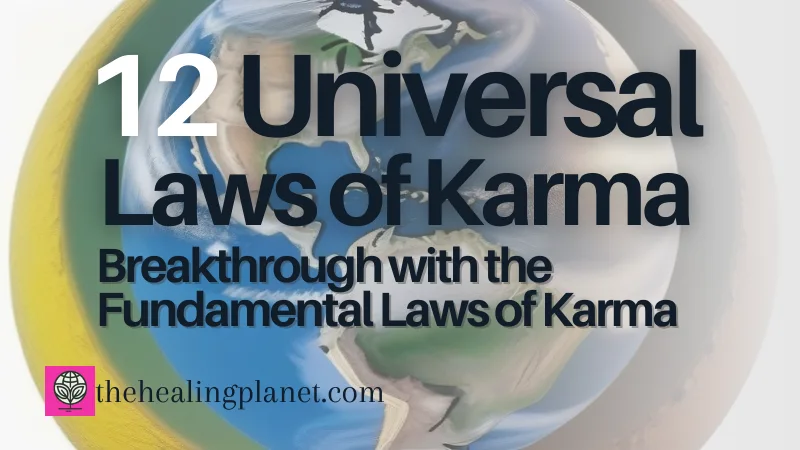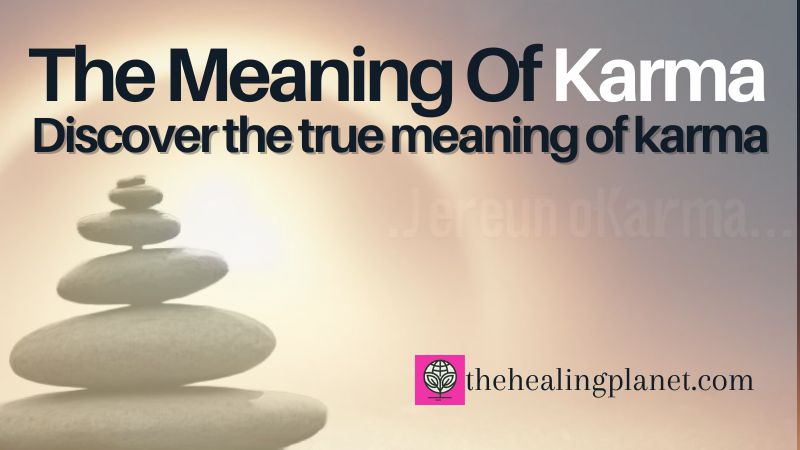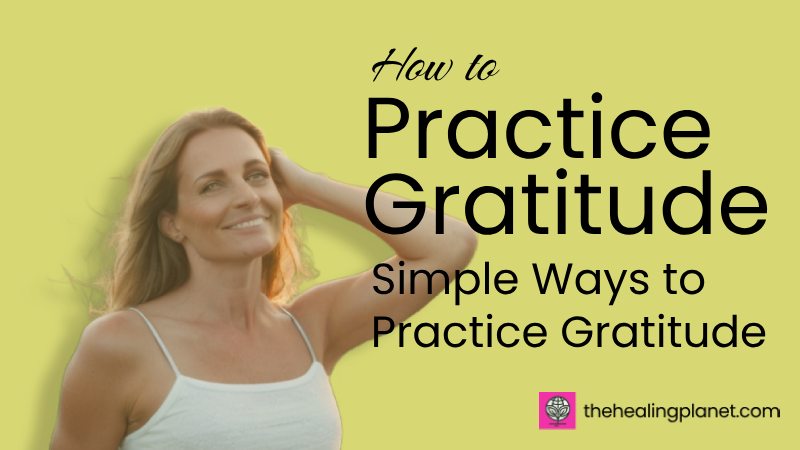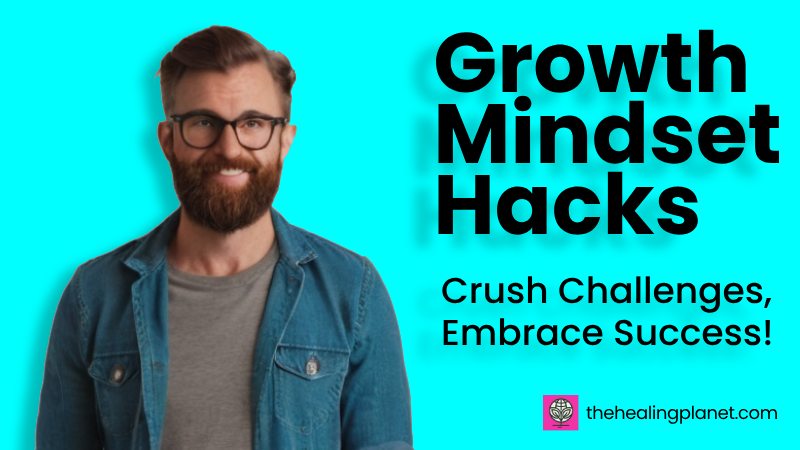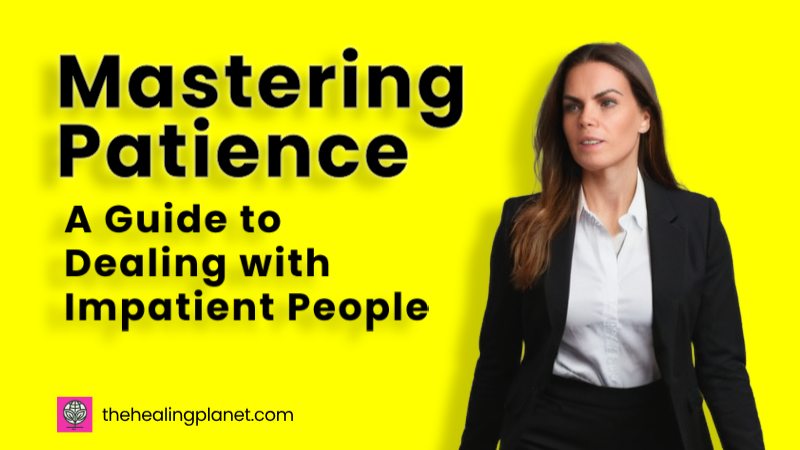Yoga and Meditation: Your Pathway to a Healthier, Happier You
Yoga, with its intricate blend of physical postures, breathwork, and meditation, stands as a powerful path towards holistic well-being.
Within this tapestry of practices, meditation holds a pivotal role, weaving together the physical and spiritual dimensions of Yoga to unlock inner peace, self-awareness, and a profound sense of interconnections.
The article covers the following points:
The Role of Meditation in Yoga
Meditation, in the context of Yoga, is the art of stilling the mind and connecting with the present moment.
It is a journey of inner exploration and self-discovery, leading us to a deeper understanding of ourselves and our place in the universe.
While asanas (physical postures) build strength and flexibility in the body, meditation nourishes and nurtures the mind and soul.
It is a practice that can be done anywhere and at any time, and it has been shown to have a wide range of benefits for both our mental and physical health.
Benefits of Meditation
Meditation offers a wealth of benefits for our overall well-being. Here are just a few of the ways that meditation can improve our lives:
- Reduces stress and anxiety: Meditation can help to calm the mind and body, and it can help to reduce the production of stress hormones such as cortisol.
- Improves focus and concentration: Meditation can train the mind to be more present and attentive, which can lead to improved focus and concentration both on and off the mat.
- Enhances self-awareness: Meditation can help us to become more aware of our thoughts, feelings, and bodily sensations. This can help us to identify patterns and triggers that contribute to stress and anxiety.
- Promotes relaxation and sleep: Meditation can help to relax the body and mind, which can make it easier to fall asleep and stay asleep.
- Increases self-esteem and self-love: Meditation can help us to develop a more positive and accepting relationship with ourselves. This can boost our self-esteem and self-love.
- Increases empathy and compassion: Meditation can help us to connect with our own inner experience, and it can help us to develop greater empathy and compassion for others.
Meditation and Yoga Practice
Incorporating meditation into your life is an ongoing journey, not a destination. It’s about establishing a consistent practice that becomes a part of your routine, just like brushing your teeth or eating breakfast. Here are some tips for cultivating a sustainable meditation practice:
• Start small: Don’t overwhelm yourself by aiming for hour-long meditation sessions. Begin with short sessions, even just 5 or 10 minutes, and gradually increase the duration as you become more comfortable.
• Find a quiet space: Choose a quiet, distraction-free environment where you can minimize interruptions and fully immerse yourself in the practice.
• Set a timer: Utilize a timer to keep yourself focused and prevent distractions. This helps to establish a sense of structure and prevent your mind from wandering.
• Focus on your breath: Observe your breath without judgment, noting its natural rhythm and rise and fall. This cultivates mindfulness and helps to anchor your attention in the present moment.
• Be patient and consistent: Meditation is a skill that develops over time. Don’t be discouraged if you find your mind wandering or if you don’t experience immediate results. Stick with it, and you will gradually notice improvements in your concentration, focus, and overall well-being.
• Practice regularly: Aim to meditate at least a few times a week, even if it’s just for a few minutes. Regular practice is key to integrating meditation into your daily life and reaping its long-term benefits.
• Find a meditation style that resonates with you: There are many different meditation techniques, ranging from mindfulness meditation to guided meditations and mantra meditation. Experiment with different approaches to find one that suits your personality and preferences.
• Join a meditation group: Connecting with other meditation practitioners can provide motivation, support, and a sense of community. Consider joining a meditation group or finding a meditation teacher who can guide and support you on your journey.
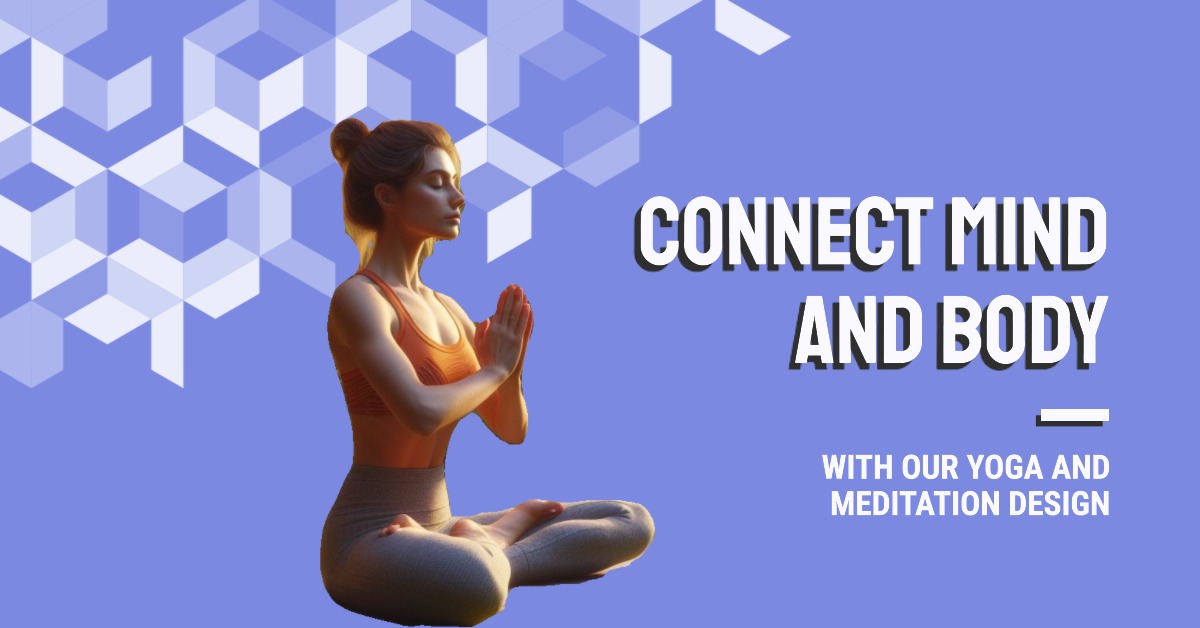
Debunking Common Meditation Myths
As meditation gains wider recognition for its transformative power, it’s natural that misconceptions and myths arise.
These misconceptions can deter individuals from exploring this valuable practice, hindering their potential to experience its benefits.
Myth 1: Meditation is Difficult
Contrary to popular belief, meditation is not about achieving a state of perfect stillness or emptying the mind. It’s about cultivating awareness and acceptance of the present moment, including the thoughts, feelings, and sensations that arise.
Any attempt to suppress or control these experiences can actually lead to frustration and hinder the meditative process.
Myth 2: Meditation Requires Special Abilities
Meditation is not reserved for a select group of individuals with exceptional mental or spiritual capacities. It’s a skill that anyone can learn, regardless of age, background, or experience. The ability to focus and observe one’s thoughts is something that we all possess, and meditation provides a structured framework for cultivating these skills.
Myth 3: Meditation is Only for Spiritual People
Meditation is often associated with spirituality, but it’s important to distinguish between the two. Meditation can be practiced by anyone, regardless of their religious or spiritual beliefs. It’s a secular practice that can be used to enhance well-being, focus, and mindfulness, regardless of one’s worldview.
By understanding and dispelling these common myths, we can encourage individuals to embrace meditation and explore its transformative power. Meditation is not about being perfect or achieving a certain state of being; it’s about cultivating self-awareness, acceptance, and inner peace. It’s a journey that anyone can embark on, regardless of their background or experience level.
Additional Resources
Disclosure: Some of the links below are affiliate links. This means that, at zero cost to you, I will earn an affiliate commission if you click through the link and finalize a purchase.
Books Available at amazon.
- The Book of Yoga Nidra Meditation Scripts by Sagel Urlacher: Embark on a journey of deep relaxation, inner peace, and joy with this comprehensive guide to Yoga Nidra meditation, featuring 30 guided scripts and practices to manifest your desires.
- Yoga Body and Mind Handbook by Jasmine Tarkeshi: This guide provides step-by-step instructions and illustrations for essential poses and meditations, allowing you to experience the benefits of yoga anytime, anywhere..
- Yoga for Every Body by Luisa Ray : Discover the transformative power of yoga with this user-friendly guide, featuring step-by-step instructions, illustrations, and breathing techniques to enhance your physical and mental well-being.
Conclusion
Meditation is a powerful practice that can bring about positive change in all areas of our lives.
If you are looking for a way to reduce stress, improve focus, and connect with your inner self, I encourage you to explore the practice of meditation.
You may be surprised at the benefits you experience.
Additional Notes:
- Meditation can be used as a supplement to other forms of therapy, such as talk therapy or medication.
- Meditation is safe and has no known side effects.
- There are many different meditation techniques, so you can find one that suits your needs and preferences.
- If you are new to meditation, it is a good idea to find a qualified teacher or instructor to guide you.
